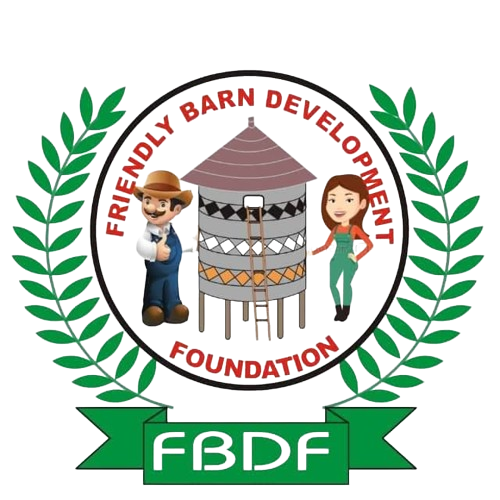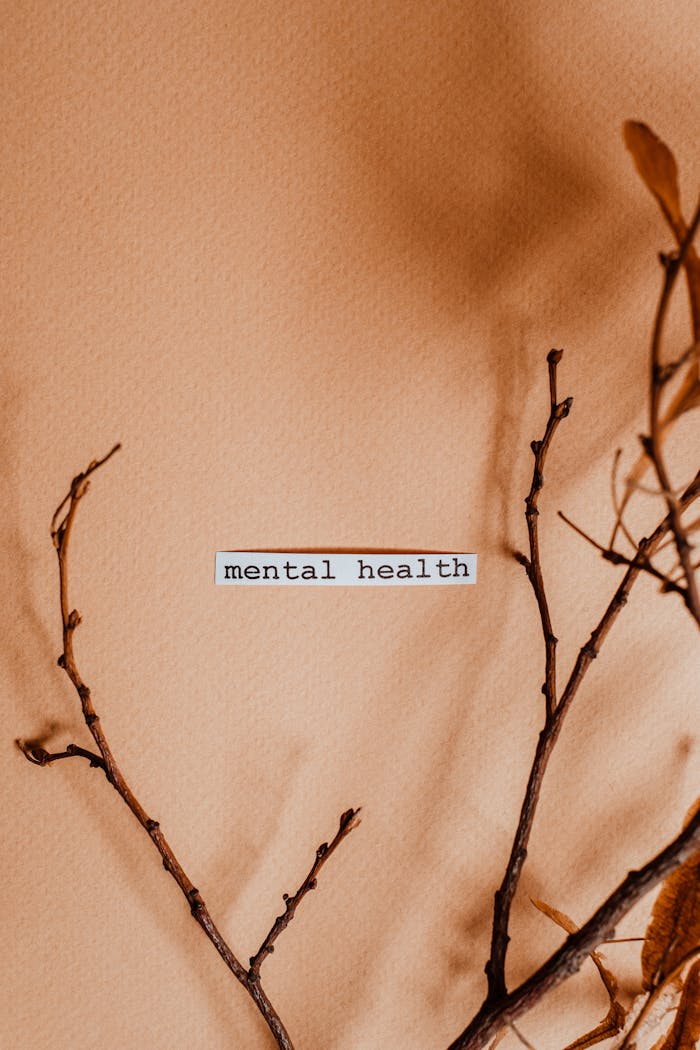Resources
Easy-Read CRPD

The Easy-Read CRPD The Convention on the Rights of Persons with Disabilities (CRPD) is an international treaty that aims to promote, protect, and ensure the full and equal enjoyment of all human rights and fundamental freedoms by persons with disabilities. Adopted in 2006, the CRPD recognizes the equal dignity and worth of persons with disabilities and acknowledges their rights to participation, inclusion, and accessibility in all aspects of society.
As a State Party to the CRPD, Zambia has committed to:
– Respect and ensure the rights of persons with disabilities
– Promote inclusivity and accessibility in education, employment, healthcare, and social services
– Raise awareness and combat stereotypes and stigma
– Ensure accessibility in built environments, transportation, and information and communication technologies
– Protect persons with disabilities from discrimination, violence, and exploitation
By ratifying the CRPD, Zambia has pledged to create an inclusive and equitable society where persons with disabilities can fully exercise their rights and reach their full potential.
Zambia's Commitment to Inclusivity

Zambia, as a State Party to the African Charter on Human and People’s Rights and the Protocol to the African Charter on the Rights of Persons with Disabilities, reaffirms its commitment to promoting, protecting, and ensuring the full and equal enjoyment of all human rights and fundamental freedoms by persons with intellectual disabilities. In line with the Charter’s principles of inclusivity, accessibility, and non-discrimination, we recognize the equal dignity and worth of persons with intellectual disabilities and pledge to create an enabling environment that fosters their participation, autonomy, and empowerment in all aspects of Zambian society.
By upholding the United Nations’ Convention on the Rights of Persons with Disabilities (CRPD) and the Sustainable Development Goals (SDGs), particularly Goal 4 (Quality Education) and Goal 10 (Reduced Inequalities), Zambia demonstrates its dedication to aligning national policies and programs with international standards, ensuring that persons with intellectual disabilities enjoy their rights and freedoms without discrimination, and promoting a culture of inclusivity and accessibility that benefits all citizens.
Empowering Inclusion

The Convention on the Rights of Persons with Disabilities (CRPD) is a landmark treaty promoting inclusivity, accessibility, and equality. Zambia, as a State Party, pledges to collaborate with Organizations of Persons with Disabilities (OPDs) like Friendly Barn Development Foundation (FBDF) to implement inclusive policies and services, promoting equal rights and empowerment. By ratifying the CRPD, Zambia committed to upholding international standards, aligning with the UN’s SDGs and the African Union’s Agenda 2063. Collaboration with OPDs ensures voices are heard and rights upheld, creating a more inclusive society and contributing to a global movement towards accessibility.
Deinstitutionalization (DI) Guidelines in Zambia

Deinstitutionalization (DI) in Zambia involves the transition of individuals with disabilities or mental health conditions from institutional care to community-based services. This process aims to promote inclusivity, accessibility, and person-centered care.
Organizations of Persons with Disabilities (OPDs) like Friendly Barn Development Foundation (FBDF) play a crucial role in advocating for the rights of individuals with disabilities, providing support and services, and monitoring the DI process.
The Zambian Government is responsible for developing and implementing policies and laws that support DI, providing funding and resources, and ensuring access to healthcare, education, and social services.
Collaboration between OPDs, government agencies, and stakeholders is essential for successful DI. This includes assessment and planning, service provider selection, transition support, monitoring and evaluation, and training and capacity building.
By working together, Zambia can ensure a successful DI process that prioritizes the rights, dignity, and well-being of individuals with disabilities.
Mental Health Act

The Mental Health Act in Zambia aims to promote the mental well-being of all citizens, including persons with mental health conditions and intellectual disabilities. In line with international protocols, such as the United Nations’ Convention on the Rights of Persons with Disabilities (CRPD) and the World Health Organization’s (WHO) Mental Health Action Plan, this guide outlines the importance of including Organizations of Persons with Disabilities (OPDs) like Friendly Barn Development Foundation (FBDF) in implementing mental health resources in Zambia.
The collaboration between government, OPDs, and mental health professionals is crucial for:
– Ensuring accessible and inclusive mental health services
– Promoting person-centered and community-based care
– Empowering persons with mental health conditions and intellectual disabilities
– Aligning with international standards and best practices
This guide provides resources and guidelines for implementing the Mental Health Act in Zambia, with a focus on collaboration, inclusivity, and person-centered care.
The Children's Code Act of 2022

Friendly Barn Development Foundation (FBDF) advocates for the rights of children with intellectual disabilities in Zambia, aligning with international protocols and the UN’s Convention on the Rights of Persons with Disabilities (CRPD). We promote inclusive services, empowering children to reach their full potential.
The Children’s Code Act of 2022 in Zambia consolidates and reforms laws related to children, harmonizing the definition of a child, prohibiting child marriage and corporal punishment, regulating foster care and adoption, and emphasizing child safeguarding and legal aid.
As FBDF, we work with stakeholders to implement this code, promoting inclusivity, accessibility, and respect for the rights and dignity of children with intellectual disabilities. We focus on:
– Inclusive education and healthcare
– Financial inclusion services
– Inclusive policy reforms
– Family and caregiver support
– Empowering children to advocate for their rights
Our goal is a Zambia where children with intellectual disabilities can thrive and reach their full potential. Join us in creating a more inclusive and accessible society, where diversity is valued and children’s rights are respected.
Friendly Barn Development Foundation's Submissions to the OHCHR on Climate Change
Introduction:
The Friendly Barn Development Foundation submitted recommendations to the OHCHR on addressing climate change’s impact on human rights.
Key Recommendations:
– Recognize climate change as a human rights issue and take immediate action to reduce emissions and transition to renewable energy.
– Prioritize protection of vulnerable populations, including children, women, and indigenous communities.
– Integrate climate change education into school curricula and public awareness campaigns.
– Promote sustainable development practices, such as agroecology and eco-friendly infrastructure.
– Ensure climate change policies prioritize human rights, dignity, equality, and well-being.
Conclusion:
The Friendly Barn Development Foundation urges the OHCHR to consider our submissions and work towards protecting human rights affected by climate change.
